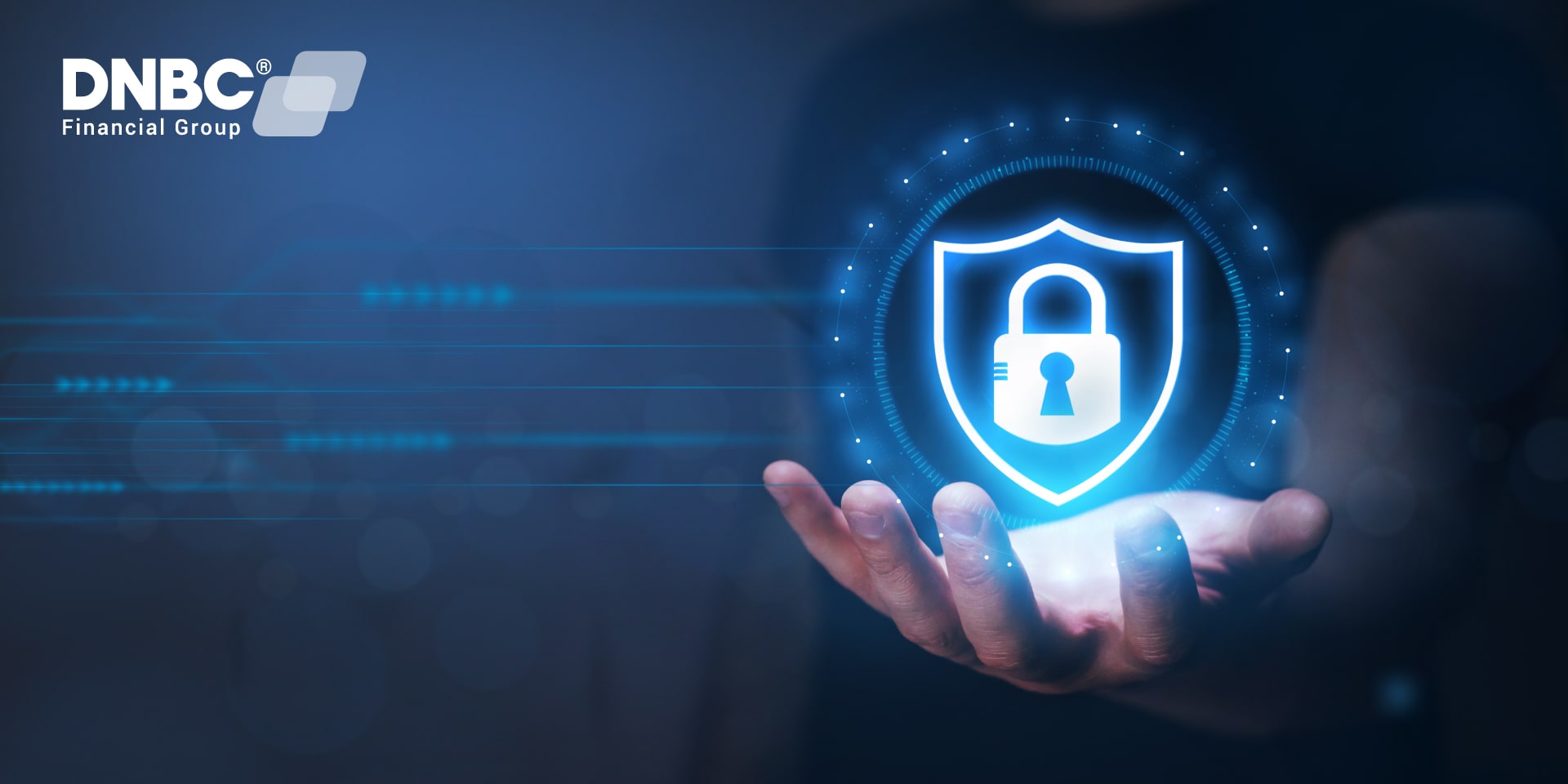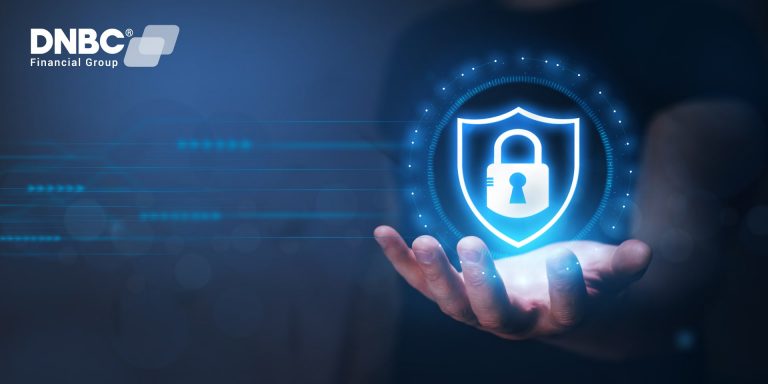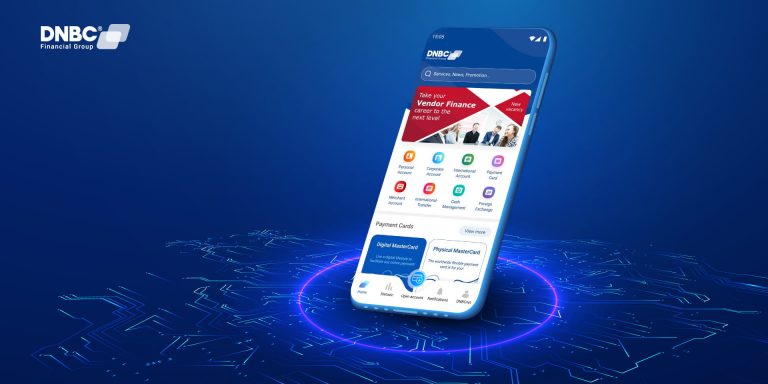In the modern era of digital technology, online money transfers have surged, but so have fraudulent activities. One worrying trend is fraud payments, which harms both individuals and businesses.
Fraud payment means illegal transactions where the scammer gains funds and the victim loses money.
This can happen through scams where victims are misled into sending money to the scammer’s account, often by deceptive messages pretending to be from a trustworthy source.
Digital fraud payments during international transactions
Digital fraud during abroad transactions poses a big problem for people. Here’s how it affects them:
For businesses:
- Financial losses: Fraud transactions mean less money coming in, especially for businesses that do a lot of online or international sales.
- Higher costs: Businesses incur other expenses on security measures (software and training to prevent fraud) leading to higher costs.
- Bad reputation: Being known for having lots of fraud can scare off customers.
- Chargebacks: If a fraud transaction happens, the business might have to pay a fee to reverse it.
- More scrutiny: Businesses with lots of fraud might get looked at more closely by payment processors, which can slow down real transactions.
For individuals:
- Financial losses: People who get tricked by fraud can lose a lot of money, which can be really tough, especially for those with tight budgets.
- Identity Theft: Fraud can also be a sign that someone’s stolen your identity, leading to more money problems and hurting your credit score.
- Stress and Worry: Managing fraud can lead to stress and time-consumption. People might have to talk to the police, call their bank, and fight charges they didn’t make.
- Losing Trust: Facing fraud can decrease trust in online transactions, hindering participation in the global economy.

In which, Merchant Cost Consulting predicts that global credit card fraud will reach $43 billion in 2024. According to Spendesk, global payments fraud tripled from $9.84 billion in 2011 to $32.39 billion in 2020.
Additionally, the European Central Bank discovered that most fraud occurs in payments made across borders within the Single Euro Payments Area (SEPA), accounting for 43% of total fraud. Domestic fraud follows at 35%, while cross-border fraud outside SEPA makes up 22%.
Fraudulent payments come in various forms, each with its own risks:
- Data breaches: Hackers steal personal and financial data from companies to use in scams.
- Phishing scams: Scammers impersonate real companies in emails or messages to trick victims into giving up their payment details.
- Social engineering: Deceptive tactics manipulate victims into revealing their payment info or approving fraudulent transactions.
- Malware: Malicious software on a device steals payment info or intercepts online transactions.
Also, Fraudulent activities can occur across various payment methods.
- Credit card and debit card fraud: Crooks use stolen credit card details to make unauthorised purchases, either online or in-person. Similar to credit card fraud, but money is taken directly from the victim’s bank account.
- ACH fraud: Thieves use stolen bank info to initiate unauthorised electronic fund transfers.
- Check fraud: Involves forging or altering checks or stealing them to make payments.
- Mobile wallet fraud: Scammers may access mobile wallets through stolen phones or compromised login details to make unauthorised payments.
How to stay your fraud payments protected?
Protecting your financial transactions from fraud is top priority. Here are some tips to ensure your payments are secure:
Use secure payment methods
First, choose payment methods that offer strong fraud protection. Credit cards, E-wallets or Prepaid cards with robust security features can help shield you from unauthorised transactions.

Money transfer service providers are also a great choice for strong fraud protection.
- Verification: Providers require both sender and receiver identity verification, making it tough for fraudsters.
- Encryption: They use encryption to safeguard your financial information during transfers.
- Fraud Monitoring: Advanced systems detect suspicious activity, blocking fraudulent transfers.
- Two-factor Authentication: Adds extra security by requiring a code from your phone or email.
- Transaction Monitoring: Lets you track transfers in real-time and set up alerts for suspicious activity.
- Limited Transfer Amounts: Consider setting limits to lessen potential losses in case of fraud.
- Customer Support: Look for providers with reliable customer support to assist you in case of issues or suspected fraud.
Monitor your accounts regularly
Second, keep track of your bank and credit card statements. Early detection of any fraudulent activity can prevent further loss.

Implement strong passwords
Third, Use complex passwords and change them regularly. Try a password manager to follow your credentials securely.
Be wary of phishing scams
Then, learn about common scam tactics. Avoid clicking on strange links or giving personal info to unknown sources.
Keep your software updated
Regularly update your computer and mobile device software to protect against security vulnerabilities.
Use a dedicated computer for financial transactions
If possible, use a separate computer solely for your banking and payments to reduce the risk of exposure to malware.
Contact your bank immediately if you suspect fraud
If you notice any suspicious activity, contact your financial institution immediately to take appropriate action.

By following these steps, you can create a strong defence against payment fraud and protect your financial well-being.
How does DNBC help businesses protect from fraud pay?
DNBC assists businesses in protecting against money transfer scams through several measures:
- Secure Platform: DNBC provides a secure online platform for conducting money transfers, combining encryption and other security features to protect financial transactions.
- Identity Verification: The platform requires identity verification for both senders and recipients, reducing the risk of fraudulent transactions by ensuring that funds are transferred only to legitimate parties.
- Fraud Monitoring and KYC: DNBC employs advanced fraud detection systems that monitor transactions in real-time, flagging any suspicious activity and blocking fraudulent transfers before they occur.
- 1-on-1 support: DNBC offers dedicated customer support to assist businesses in spotting and resolving any issues related to potential scams or fraud activities.
Here are some key steps to protect yourself and your businesses from fraud:
- Firstly, educate your team: Increase awareness about the risks of phishing within your organisation. Implement a policy for reporting any suspected cases of phishing.
- Next, guard Financial and Company Information: Never share sensitive financial or company information with individuals you don’t know or trust.
- Then, take Your Time: Don’t feel pressured to rush into making quick decisions, especially in financial transactions. Take your time to review and verify the details thoroughly.
- And, beware of Suspicious Emails: Avoid clicking on links or opening attachments in emails from unknown or suspicious senders. Before acting, verify the sender and content to ensure legitimacy.
- Finally, be Mindful on Social Media: Be cautious about the information you share on social media platforms, as fraudsters can use this information to piece together personal details and potentially target you or your organisation.
DNBC Financial Group is your trusted provider in international money transfer
- Get 100% free 1-on-1 support
- 100% free account opening
- Seamless onboarding process
Or please contact DNBC
Email: [email protected]
Phone Number:
- +65 6572 8885 (Office)
- +1 604 227 7007 (Hotline Canada)
- +65 8442 3474 (WhatsApp)



 DNBC Team
DNBC Team






